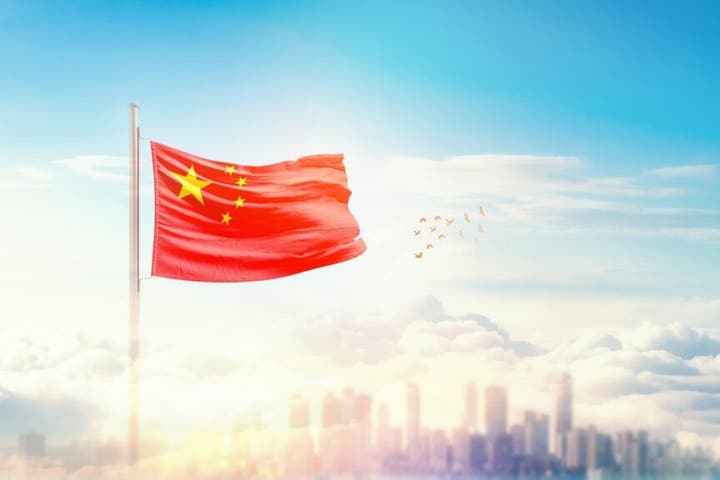
The war for America's future isn't being fought with tanks or missiles. It's happening quietly through farmland, water systems, universities and tech platforms. And one woman who fled communist China is raising the alarm before it's too late.
Lily Tang Williams knows exactly what the Chinese Communist Party is capable of. She was born and raised under its thumb. Now running for Congress in New Hampshire, she's warning Americans about what she calls China's "soft power invasion" of the United States.
And she's not alone. This week, the U.S. government drew a line in the soil.
The USDA announced a sweeping new policy banning Chinese nationals and other foreign adversaries from purchasing farmland in the United States. The plan, backed by the Trump administration, aims to claw back land already acquired and prevent future purchases near critical infrastructure.
Buying More Than Just Land
Just weeks before the ban, China's largest beverage company, Nongfu Spring, quietly purchased a massive facility in Nashua, NH, paying $67 million in cash for a property valued at just $15 million. The site is directly connected to the local Pennichuck water system, raising fears that China isn't just after land but targeting one of America's most vital and unguarded resources: water.
"I have been trying to warn people," Williams told NewsNation in a recent interview. "Xi Jinping has a China dream, and his China dream is to use a soft power invasion. Business. Education. Apps like TikTok and WeChat. Media. Entertainment. Everything they can, without firing one shot, to expand into western countries like the United States."
For Williams, who escaped the authoritarian grip of the Chinese regime, the threat is all too real. And the cost of speaking up could be her freedom, or her life.
"I would disappear," she said. "If I went back to China, I'm afraid they wouldn't let me out. They want me to shut up."
Nongfu Spring's recent purchase isn't the only eyebrow-raising transaction in the area. A nearby campus once home to Daniel Webster College was purchased years ago by a Chinese investor for double its value. Seven years later, it still sits abandoned.
What are they really buying?
Don't Miss: Wall Street has been quietly buying up equity in owner-occupied homes, and the strategy is kind of genius. Here's how one company is using it to produce 15%+ annual returns for its investors.
A Pattern, Not a Coincidence
The USDA has already canceled seven active agreements involving "countries of concern" and is removing hundreds more. A federal case recently revealed that a CCP member attempted to smuggle a fungus through a U.S. research lab, triggering alarms about bioterrorism and agricultural sabotage.
Homeland Security and the Pentagon are now monitoring land purchases near military bases and FAA control centers. Many of these properties are in rural areas, far from media attention but dangerously close to critical infrastructure.
"No longer can foreign adversaries assume we're not watching," Defense Secretary Pete Hegseth told reporters during a press conference announcing the Trump administration's National Farm Security Action Plan
China Responds
Beijing wasted no time lashing out at the new U.S. policy. Chinese officials called the farmland ban "an overstretch of national security" and warned the move would "backfire." They insist the U.S. is politicizing trade and overstepping global norms.
But to many Americans, it's China that's been overstepping for years.
What Comes Next?
With less than 300,000 acres of U.S. farmland owned by Chinese entities, some argue the problem is small. But as Williams and national security officials have made clear: it's not about how much land, it's about where, why and who controls it.
Because in this new kind of war, farmland is the battlefield and water may be the weapon.
But if the threat is quiet and creeping, so is the solution.
While foreign adversaries quietly buy up pieces of America, more everyday investors are looking for ways to take ownership of what truly matters — the land, the homes and the wealth that define the American dream.
That's exactly what Homeshares is helping investors do. Through the U.S. Home Equity Fund, investors can tap into the value of U.S. residential real estate. Not by buying homes or taking on debt, but by partnering with homeowners through equity agreements that let them access cash without selling or giving up control.
It's a way to reclaim value from within, build wealth alongside U.S. homeowners, and preserve the long-term strength of American property ownership.
The fund is targeting a 14%-17% net IRR to investors and has substantial built-in downside protection.
Learn how to invest in America's largest store of individual wealth
Image: Shutterstock







